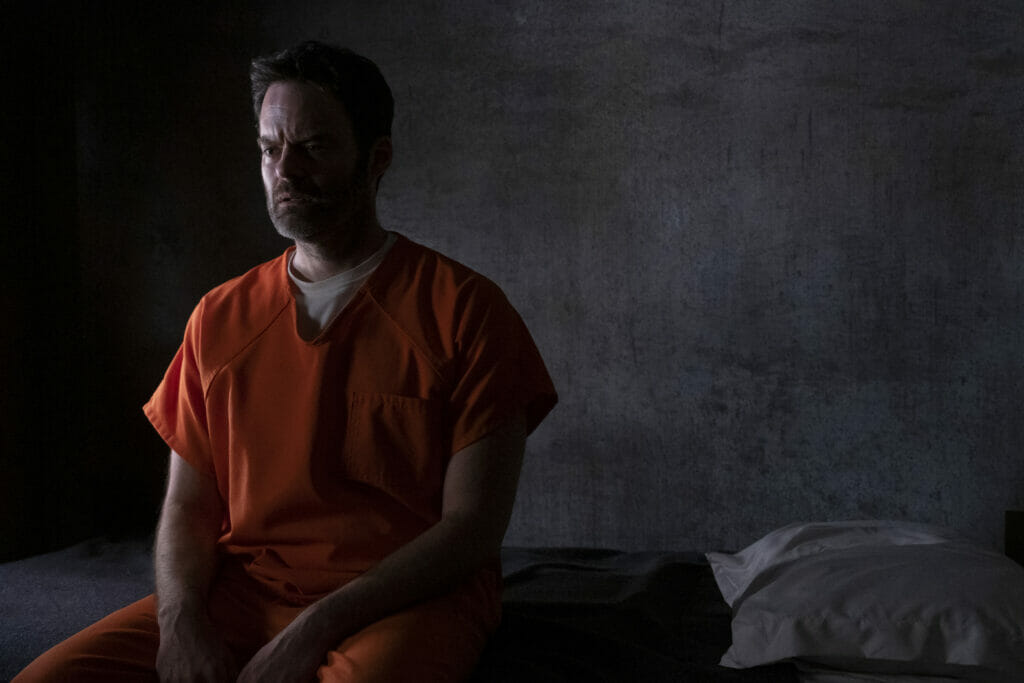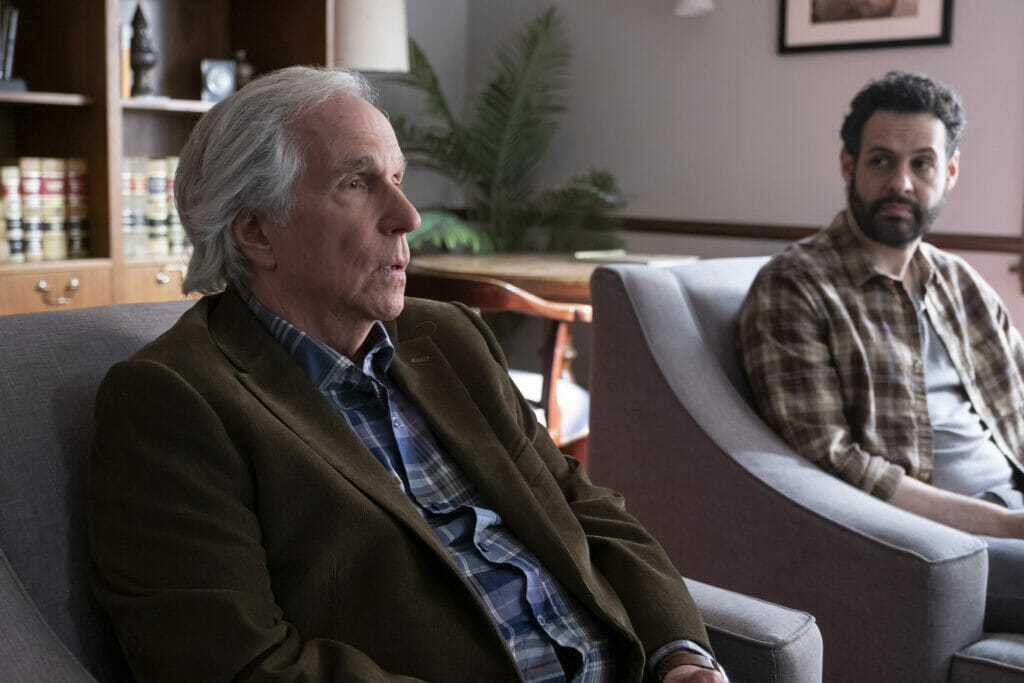Read also:
How to Watch FX Live Without CableHow To Watch AMC Without CableHow to Watch ABC Without CableHow to Watch Paramount Network Without CableAn already great show gets taken to the next level of depth and craftsmanship in an endlessly audacious fourth and final season.
The theme music is gone.
The blaring of horns that accompanied the title reveal of nearly every previous episode of Barry is absent from each of the season four installments provided to the press. It’s a bold choice that underscores how much the home stretch of this HBO program is subverting expectations. If the absence of a recognizable orchestral ditty is throwing you off, just wait until you see what storylines this season explores. The end is nigh for this fictional world, but Bill Hader and company have opted to go out with a bleak bang that’s riddled with ambition right from the title screen.
Hitman Barry Berkman (Bill Hader) is behind bars. After being lured into a sting operation by his former acting coach, Gene Cousineau (Henry Winkler), this psychopath is now in cuffs and stuck inside one location. Isolated from the world, Berkman is gripped with self-hatred over his actions. He’s also incapable of letting go of his lover, Sally Reed (Sarah Goldberg). He’s stuck between recognizing the gravity of his actions and just wanting a tidy ending to his not-so-tidy life.
Contradictory approaches to the past abound among Barry’s ensemble cast. Sally yearns for a fresh start, yet returns to her childhood home of Joplin, Missouri to manifest it. Berkman’s former handler Monroe Fuches (Stephen Root), trapped in the same person as this show’s titular lead, is grappling with all kinds of complicated feelings over the man he’s molded into a killer. As for criminal NoHo Hank (Anthony Carrigan), a future in the sand industry with his lover Cristobal (Michael Irby) beckons. So does his previous fixation over Barry.
The storylines of Barry’s final episodes stretch widely in terms of locale and the character beats they’re exploring. The third season’s willingness to ignore its titular character for long periods of time and just focus on supporting players is heavily expanded here. Now, sequences centered on Hank or Gene feel so detached from one another, they could be from different shows. That’s a high compliment.

Much like the characters of The Sopranos or BoJack Horseman, Barry’s principal players are so fleshed-out now that they could anchor their own spin-off programs. The ability to function so well in standalone sequences just offers even more opportunities to get to know their inner worlds and desires.
But like a black hole sucking in everything in sight, the common theme of struggling with the past and giving in to darker impulses consumes each of the lives on-screen. In the end, there is more in common between NoHo Hank and Fuches than there are differences. They grapple with recognizable shortcomings, like lust for fame or the lengths we go to exert control over an uncontrollable universe. The narrative reach of these particular Barry installments is so impressively expansive, but this underlying concept ensures constant thematic unity across the board.
Director Bill Hader (who helms each outing this season) provides further consistency in the wide-ranging storytelling approach through recurring visual motifs, namely a heavy use of sparseness. Wide shots dominated preceding seasons of Barry, but they were often used for things like an extended motorcycle chase scene full of extras. The heavy presence of other people or objects was to emphasize the disparity between Berkman’s violent life and the “normal” world.
Now, these wide shots are often intentionally vacant, with one character enveloped by daunting surroundings. The evocative way pitch-black darkness or blue skies dominate these images remind viewers how small even an intimidating hitman like Berkman is in the grand scheme of the world. Everyone has a scheme or plans that will assure them total security or control. But these frames are a reminder that there are always bigger forces at play, ready to swallow up these flawed humans.

Hader’s filmmaking chops deliver such powerfully weighty visuals throughout the entire fourth season of Barry. His directorial style also proves well-equipped to handle stories even bleaker than already harrowing earlier Barry episodes. Superbly timed dark comedy still manifests from time to time, but these final installments are largely defined by their most brutal moments. An unforgettable scene from the season premiere depicting Sally having a breakdown over Barry’s actions in the car with her unresponsive mother (all captured in an extended single take) crystallizes the kind of harrowing emotions the rest of these episodes regularly explore.
This extreme display of vulnerability, though, also demonstrates that the various writers of these stories (which include the likes of Emma Barrie and Liz Sarnoff) make sure all the darkness is justified rather than registering as edgelord nonsense. There’s also thoughtfulness to when and how we see certain dark elements, such as the unique presentation of Berkman getting beaten up by a prison guard in the season premiere.
This delicate handling emphasizes that this program’s primary focus is how people respond to violence and trauma rather than the violence and trauma themselves. Just like those recurring wide shots dominated by vacant space, there are layers to the omnipresent somber tone of Barry’s fourth season.
Much like how it’s difficult to pick out an acting MVP of these seven episodes (though Sarah Goldberg is especially outstanding), it’s hard to pick out the very best aspect of Barry’s last season. There’s so much to appreciate here, from the commanding visuals to the sharp writing to the way it keeps surprising even the most loyal viewers with where it goes. Perhaps, that commitment to eschewing the theme music should be in the running for this honor. After all, it crystallizes how Barry’s fourth season is willing to embrace striking surprises and subversive tendencies.
The final season of Barry premieres on Max April 16th.